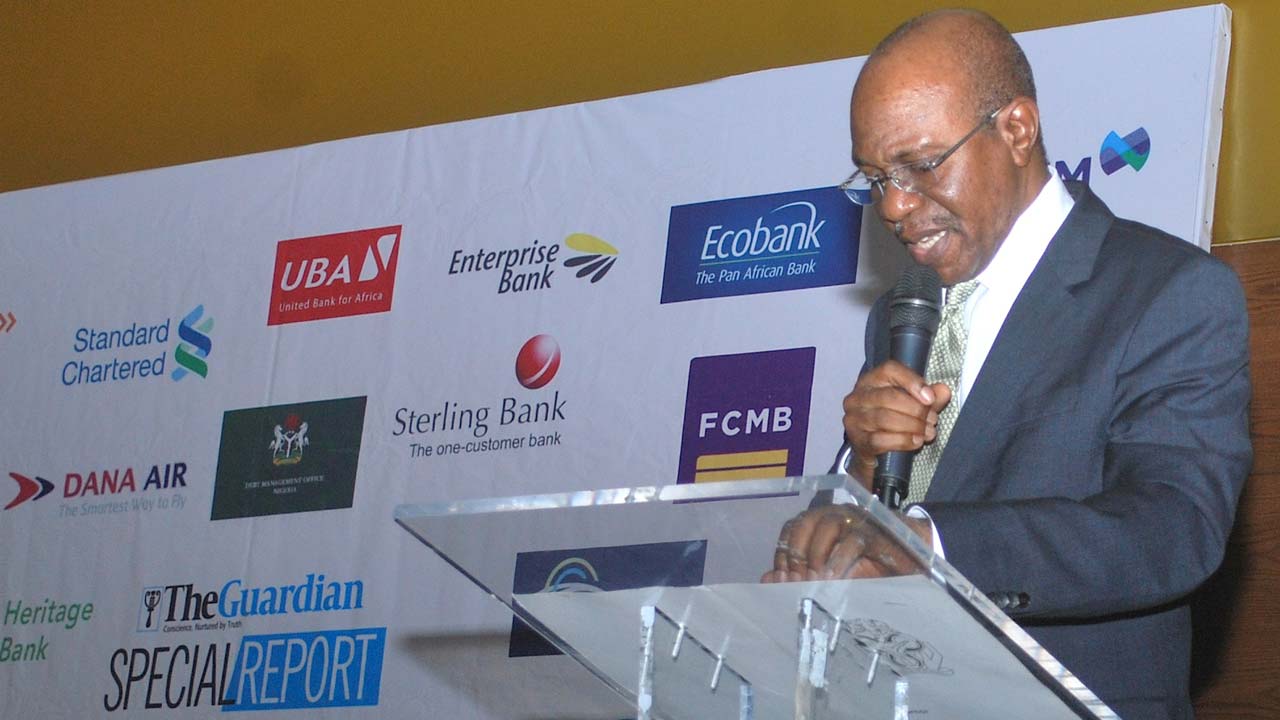Since the Central Bank of Nigeria (CBN) increased the Loan-to-Deposit Ratio (LDR) from initial 60% to 65%, there had been a serious drop in banks’ deposit with the apex bank through the Standing Deposit Facility by 68 per cent in the first nine months of the year.
Besides, the shirk in deposit is further lowered after the CBN deducted a total of N499.2bn from the accounts of 12 banks under its supervision due to their failure to meet the September 30, 2019 deadline stipulated for the new regime of LDR.
The development forced banks’ deposit with the apex bank dropping to N9.7tn from N30.4tn that was reported in first nine months of 2018, thus, indicating a decline of 68 per cent within the first nine months of this financial year.
Already, indications have emerged that all Tier-II and weak Tier-I banks increased deposit with the CBN following the decline in Monetary Policy Rate in a move to boost liquidity to drive daily business activities. The Monetary Policy Committee had on March 26, 2019 voted to reduce the MPR to 13.5 per cent from 14 per cent.
The scenario is not unconnected with the rush to meet CBN’s LDR policy with the regulated time frame.
On why the banks’ deposits with the apex bank kept looking down, Head of Research, Pan African Capital Holdings Limited, Mr Moses Ojo said “Banks were aware of the CBN plans to introduce 60 per cent LDR policy this year. As a result of that, they needed the money to lend to the real sector and meet the benchmark. Before now, banks were facing Cash Reserve Ratio of 22.5 per cent. If you combine the CRR and 60 per cent LDR, there is no way the SDL of the CBN will not reduce.”
According to him, “Banks not depositing with the CBN would amount to more lending to the real sector and growth in the nation’s economy,” stressing that with the new policy on lending, “There will be more funds going into agriculture, manufacturing, the Small and Medium Enterprises, oil and gas, among others. This is expected to drive growth in the real sector.”
Also speaking, Managing Director, Cowry Asset Management Limited, Mr Johnson Chukwu, agreed that the CBN’s policy clearly forced banks not to continue with the deposit but to speed up lending to the real sector which is expected to activate job creation and aggregate growth in the economy.









